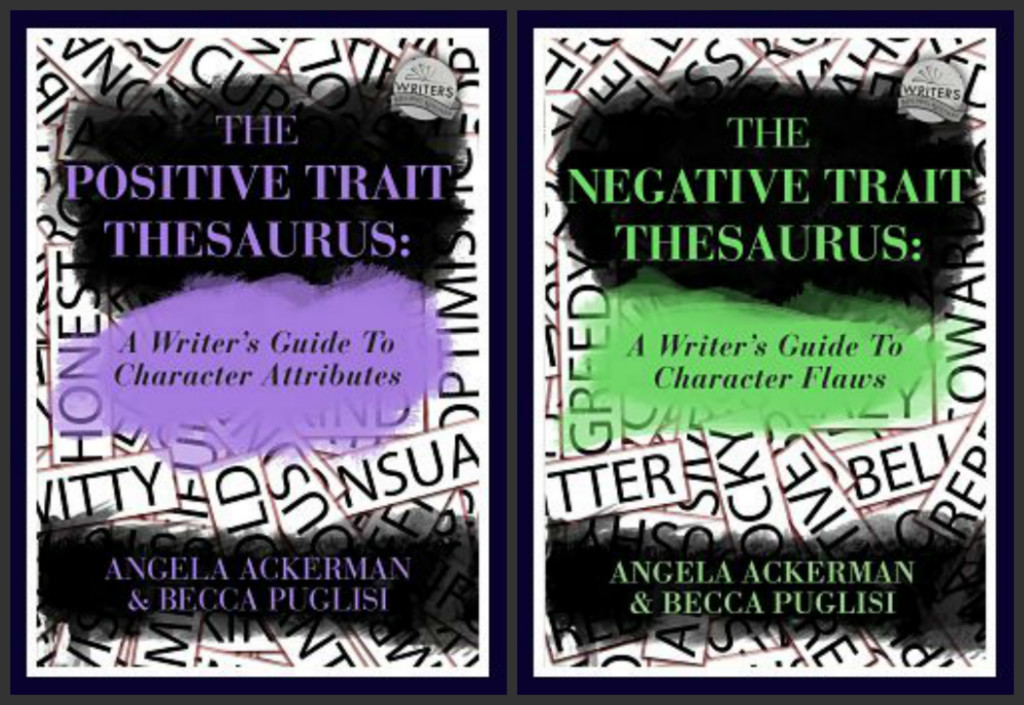Choosing the right words is a challenge for every writer but for those who speak English as a second language, that challenge can be even more daunting. ER doctor and author Rada Jones shares her favorite tips for writing in English when its not your mother tongue.
These days, I’m an American, but I still speak like Dracula’s first cousin. Two decades ago I left Transylvania to join my husband. After a painful metamorphosis just as astonishing as that of a larva into a butterfly, I became an American author.
I tried writing as soon as I arrived, but my stiff, formal English didn’t carry me far. My writing got stuck like a boat in shallow water, and wouldn’t take off. So I quit.
Did you know that languages are not all the same? Even beyond vocabulary and grammar. They each result from a specific culture and expresses a particular attitude. I learned that at an art gallery in Montreal.
Everything had an English description, also one in French. All the French descriptions were longer. Beautiful and nuanced, French rolls off the tongue richly adorned with adjectives and adverbs. So does Romanian, especially when cursing. English is short and to the point.
For thousands of pages I struggled with verb tenses, split infinitives and Oxford comas, wishing I was born an English speaker. From research papers to patient reports, I climbed English like it was a sand dune, more down than up.
Two and a half books later, I still strive to find the words that will make my prose sing. But I’ve learned that writing in a foreign language is not all bad. It keeps my writing fresh and authentic. It keeps my readers awake.
I’m blessed with a unique voice that I can’t get rid of. I sound like nobody else. So, as long as I don’t get overly creative with my grammar, it’s all good.
I’m here to share what I’ve learned from wrestling with English for twenty years. I hope you find it useful.
1. Read in English
A lot. In the genre you’re aiming for. Reread the works you love. Reread those you hate. They will both teach you.
2. Write with a thesaurus
The difference between the right word and the “almost right” one is the difference between winning and losing.
Say I’m writing: ”She left fast.” Sounds awkward. A better verb? “She rushed.” I work in Word (I’m too cheap for Scrivener) with a thesaurus open in my screen. I look for synonyms. Run, hurried, dashed, sprinted, flashed, scurried, charged, teared, tore, scuttled.
Which is the right one? It depends. Is she a mouse? Then it’s “scurried”. Is she a soldier? Then it’s “charged.” Is she infirm? Maybe “scuttled.” The thesaurus will get me the exact word I need.
[Note from Joanna: Another great thesaurus tool is the emotional thesaurus series from Angela Ackerman and Becca Puglisi, which we discuss on this podcast episode.]
3. Adverbs are the devil
They are there to get you. Weed them out. Spend your time on important things – verbs, nouns, pronouns.
Artful sentences like: “Her watercraft moved slowly and gleefully over the translucent surface of the beautiful welcoming blue lake,” should become: “Her boat slid over the water.” They know the water is blue. If it wasn’t, I’d tell them.
Simple is good. Clear is great. Readable is priceless. Remember, not all readers have advanced degrees. A reader once told me: “I don’t read unless I must. I read your book in one sitting.” That made me proud.
4. Go heavy on the verbs
Short ones are better. Active ones are best. Avoid passive voice at all costs.
5. Keep sentences short
The longer they are, the harder to follow.
I had an ex who was devoid of periods. One of his paragraphs would cover a page. I had to read his emails over and over to make sense of them. I wouldn’t have bothered if we didn’t share custody. Don’t be like my ex. Periods are your friends.
6. Use short words when possible
“Ran” rather than “Contended,” “Administered” or “Participated.”
“Said” rather than “Enunciated,” “Articulated,” or “Imparted”.
7. Read aloud as you write
Listening to the music of your words helps you trim down the extras. It synchronizes you with the rhythm of your writing.
8. Use Grammarly
The basic version is free. The premium one is worth it. It helps you shed unneeded words and fix your comas. It makes your writing cleaner and clearer. [From Joanna: Click here or below for my Grammarly tutorial. I use it for every book.]
9. Partner with a native speaker
Somebody to laugh when you botch your clichés. That will teach you. My husband laughed through my writing, fixing “Passing out” for “Passing away” and “Looking like a flower” for “Looking like a rose.”
10. Hire an editor
I don’t do it for my blog – my medical jargon would stifle his style and his bills would stifle mine. I do it for my books, even if I may not recoup my money.
I don’t write for money, even though I like it. I write to tell the world what I have to say.
[Click here for a list of recommended editors.]
11. Color your writing with your culture
Use a foreign word to catch a glimpse of color, like stained glass in a window, once in a (great) while. Use the clichés of your native language to enrich your writing. They aren’t clichés in English. They’ll freshen your metaphors.
In Romanian, “The purring cat scratches the deepest,” “Lies have short legs,” and “Health is wealth.” Oh, and “Books will make you rich.”
12. Embrace your differences
Being an outsider gives you a unique perspective that most native English speakers don’t partake of. Being different is a niche. Own it.
13. Get inspired by the glory of others
Nabokov was Russian. Joseph Conrad was Polish. Jack Kerouac’s native language was French. Kazuo Ishiguro’s Japanese.
Their novels are some of the most celebrated works written in English. If they could achieve that, so can you.
Are you a non-English speaker? How do you deal with writing in a language that is not your native one? Please leave your thoughts below and join the conversation.
 Rada Jones MD is an ER Doc in Northern New York, where winters are long, people are sturdy and geese speak mostly French. She is the author of two crisp medical thrillers, Overdose, Mercy, and Poison. Find more at RadaJonesMD.com.
Rada Jones MD is an ER Doc in Northern New York, where winters are long, people are sturdy and geese speak mostly French. She is the author of two crisp medical thrillers, Overdose, Mercy, and Poison. Find more at RadaJonesMD.com.




